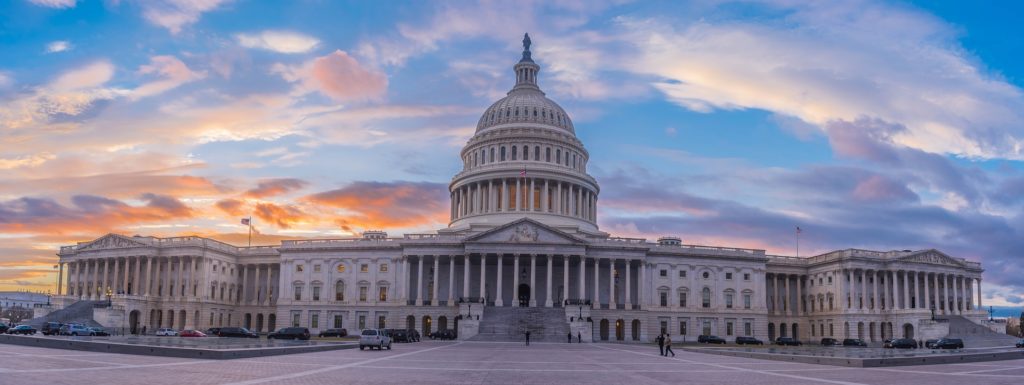Inpatient psychiatric and other behavioral health facilities could be easier to finance should a newly requested congressional probe and new legislation become reality.
A group of lawmakers on the U.S. House Committee on Financial Services has asked the U.S. Government Accountability Office (GAO), a congressional research agency, to study the impact of allowing facilities that focus on mental health services to get the same federal mortgage insurance aid that other acute care hospitals presently receive.
A letter — signed by Reps. Tom Emmer (R-Minn.), Patrick McHenry (R-N.C.) and Ritchie Torres (D-N.Y.), and dated Sept. 6 — gives the GAO until Dec. 31, 2022, to deliver answers to historical questions and potential outcomes of amending Section 242 of the National Housing Act. The act is administered by the U.S. Department of Housing and Urban Development (HUD).
In 1968, Congress amended the National Housing Act to create the Federal Housing Administration’s Section 242 Office of Hospital Facilities (OHF). OHF’s purpose is to “support capital financing for urgently needed hospitals and encourage lending for needed hospital projects.”
It has since insured nearly 500 loans worth more than $22 billion in 43 states and Puerto Rico, according to the OHF website.
However, facilities that have 50% or more patient days related to behavioral health are specifically excluded from this assistance program.
Two of the three signatories of the letter are seeking to strike this exemption for behavioral health facilities.
In June 2022, Emmer and Torres introduced the Securing Facilities for Mental Health Services Act. The bill has not been assigned to a committee for study. In a prior announcement, Torres and Emmer said they hope to increase the number of psychiatric beds in the U.S. by eliminating regulatory barriers.
“Our current housing policies are outdated and have created a chronic shortage of psychiatric beds that too often abandons patients to the streets or traps them in a cycle of incarceration,” Emmer said in a news release. “We already have the tools to bring care to patients in need. The time has come to remove arbitrary barriers to care.”
Shawn Coughlin, president of the National Association for Behavioral Healthcare, expressed support for Emmer’s and Torres’ bill when it was announced, saying: “COVID has made it clear that the country needs more inpatient facilities to handle the increased number of Americans of all ages seeking care.”
The House Committee on Financial Services is chaired by Rep. Maxine Waters (D-Calif.). McHenry is the ranking Republican member of the committee. Neither the committee itself nor Water’s office have released a comment on the letter.
Americans have uneven access to inpatient psychiatric. Collectively, there are about 39 psychiatric beds per 100,000 residents, while estimates for the average state need for psychiatric beds ranges from 28.1 and 41.7 per 100,000, according to research published in the International Journal of Environmental Research and Public Health.
The same research finds that 16 of the nation’s 50 states don’t have enough beds to meet their respective estimated levels of need, while 14 have more beds than their estimated need; 20 states have within their estimated range of need.
For decades, a push to deinstitutionalize to push psychiatric care out of behavioral health facilities has hollowed out the number psych beds available to Americans. This has continued to the point that, today, there is a such “profound need” for these services in specific communities that privately held operators are about to overcome historical trends and build new facilities to meet that need.
Companies featured in this article:
Government Accountability Office, House of Representatives, National Association for Behavioral Healthcare, U.S. House Committee on Financial Services



